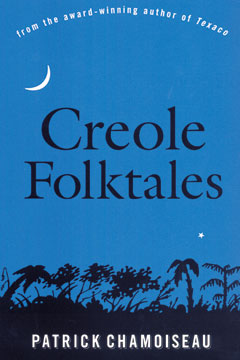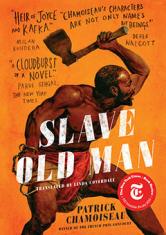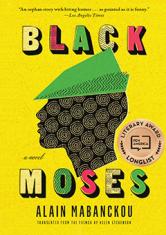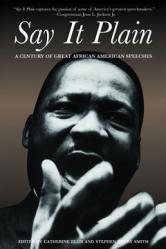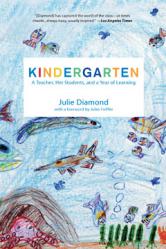Creole Folktales
In this unusual collection of stories and fables, Goncourt Prize–winner Patrick Chamoiseau re-creates in truly magical language the stories he heard as a child in Martinique
“What I like the most about Chamoiseau is the way his imagination swings from the plausible to the implausible and back again. . . . Chamoiseau is a novelist through and through.” —Milan Kundera, New York Review of Books
Patrick Chamoiseau first became known to the international literary world with Texaco, the vast and demanding novel that won France’s prestigious Goncourt Prize in 1992. Less well known is the fact that Chamoiseau has written a number of extraordinary books about his childhood in Martinique. One of these, Creole Folktales, recreates in truly magical language the stories he heard as a child. Folktales with a twist, fairy tales with attitude, these stories are told in a language as savory as the spicy food so lovingly evoked within these pages.
The urchins, dowagers, ne’er-do-wells, and gluttons in these tales are filled with longing for the simple things in life: a full plate, a safe journey, a good night's sleep. But their world is haunted, and the material comforts we take for granted are the stuff of dreams for them, for there are always monsters waiting to snatch away their tasty bowl of stew—or even life itself.
Some of these monsters are familiar: the wicked hag, the envious neighbor, the deceitful suitor, the devil who gobbles up unwary souls. Others may be surprising, and their casual appearance in these tales makes them all the more frightening—like an unexpected glimpse into a fun-house mirror. But in contrast to these folktales’ more fantastic creations, the white plantation owner and the slave ship's captain remind us that these are stories of survival in a colonized land.
A marvelous introduction to a world, both real and imaginary, that North Americans have ignored for far too long.
Topics:
Praise
|
|

